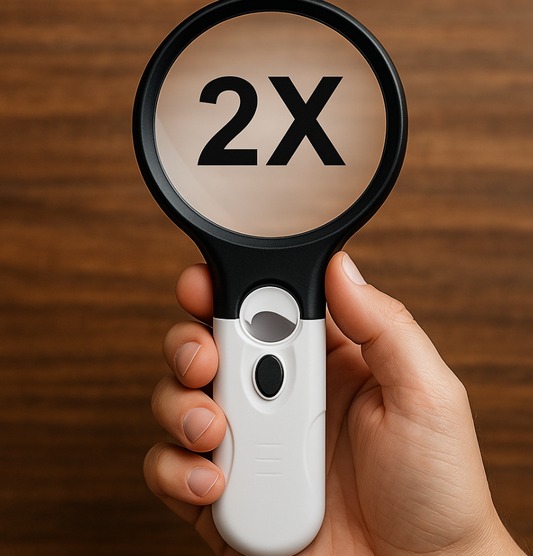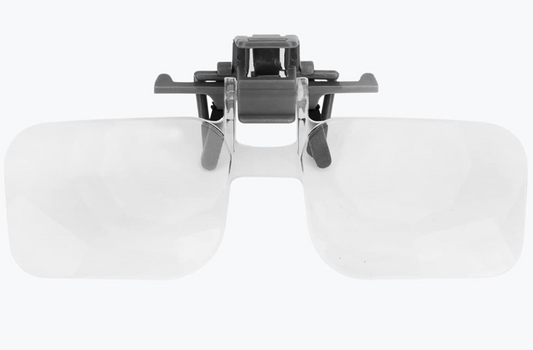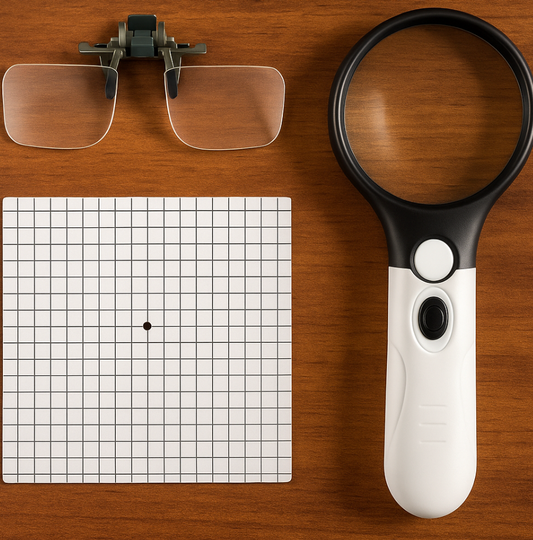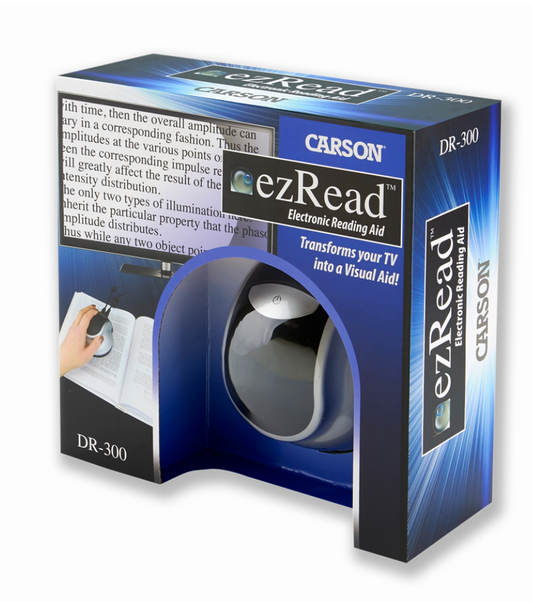Living with Corneal Dystrophies
Share
Corneal dystrophies are a group of inherited, progressive eye disorders that cause abnormal deposits of material in the cornea, the clear, front surface of the eye. These deposits can lead to clouding, vision distortion, and discomfort over time, though the severity and symptoms vary depending on the type of dystrophy. Corneal dystrophies usually affect both eyes and progress slowly.
There are several types of corneal dystrophies, each affecting different layers of the cornea:
- Epithelial Dystrophies: Affect the outermost layer of the cornea. Examples include Map-Dot-Fingerprint Dystrophy.
- Stromal Dystrophies: Affect the middle, thickest layer of the cornea. Examples include Granular, Lattice, and Macular Dystrophies.
- Endothelial Dystrophies: Affect the innermost layer of the cornea, such as Fuchs' Endothelial Dystrophy, which can cause swelling and clouding of the cornea.
Symptoms of corneal dystrophies may include blurred vision, glare sensitivity, eye discomfort, and, in some cases, pain due to corneal erosion. Treatments range from lubricating eye drops to surgical interventions like corneal transplants in advanced cases. Early detection and monitoring by your eye doctor can help manage symptoms and prevent severe vision loss.
Most patients benefit from hydrating artificial tears during the day (preserved or non-preserved) and an ointment just before bed. Your optometrist may recommend other drops, such as Muro-128, to help prevent recurrent erosions.
Omega-3 supplements can benefit patients with corneal dystrophies by reducing inflammation and supporting corneal health. These essential fatty acids help improve the quality and stability of the tear film, which is crucial for maintaining a healthy corneal surface. Omega-3s also promote cellular repair and reduce oxidative stress, potentially slowing the progression of corneal damage. Regular supplementation can alleviate symptoms like dryness, discomfort, and irritation, enhancing overall ocular comfort. While not a cure, omega-3s are a valuable addition to a comprehensive management plan for corneal dystrophies. PRN Omega 3 for Dry Eye are always our top pick for patients who choose to add this to their routine. Always consult your eye care provider before starting any supplement regimen.



